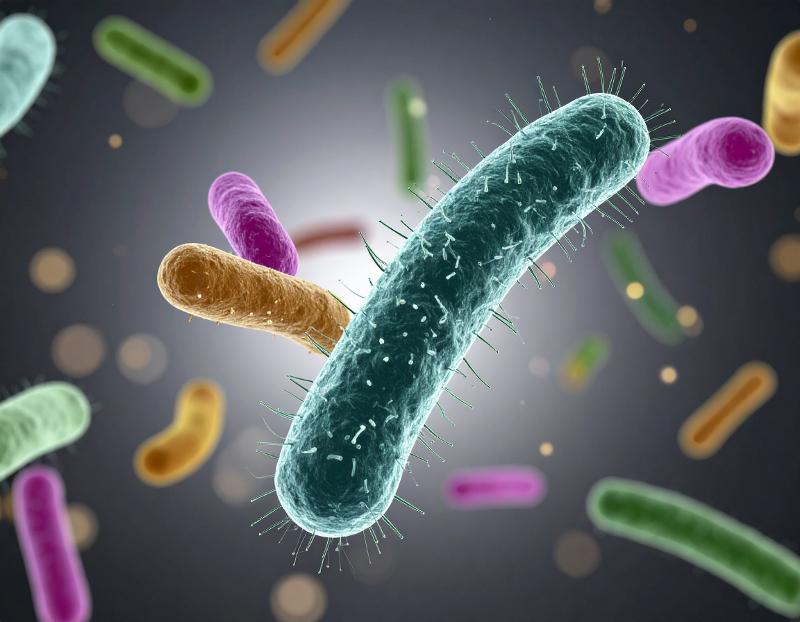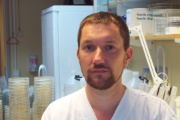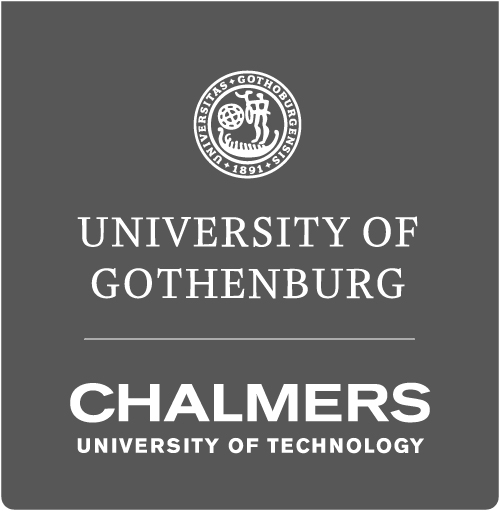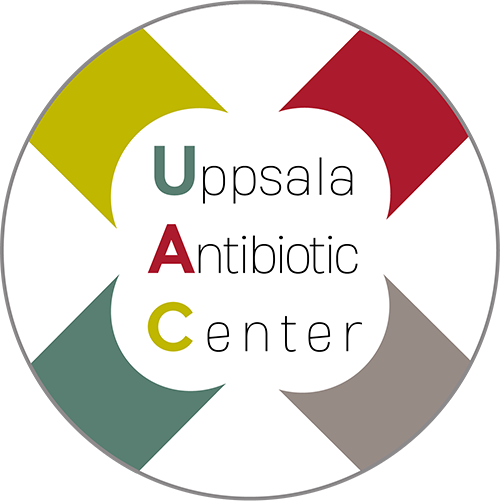CANS seminars
Marzo 04. 2026 – Marzo 06. 2026
Noviembre 04. 2026 – Noviembre 05. 2026
The Centre for new antibacterial strategies (CANS) is a large interdisciplinary centre at UiT – The Arctic University of Norway for research, education, innovation and dissemination related to antimicrobial resistance (AMR). Our vision is to create a future where the control of AMR is achievable.
We collaborate with Uppsala Antibiotic Center (UAC), Centre for Antibiotic Resistance Research (CARe) in Gothenburg, the Finnish Multidisciplinary Center of Excellence in Antimicrobial Resistance Research (FIMAR) in Helsinki, Umeå Center for Microbial Research (UMCR), the International Center for Antimicrobial Resistance (ICARS) in Copenhagen, Turning the Tide on Antimicrobial Resistance (TTA) in Oslo, and the Centre for Antimicrobial Resistance in Western Norway (CAMRIA) in Bergen.
Together, we are the Nordic AMR Alliance.

